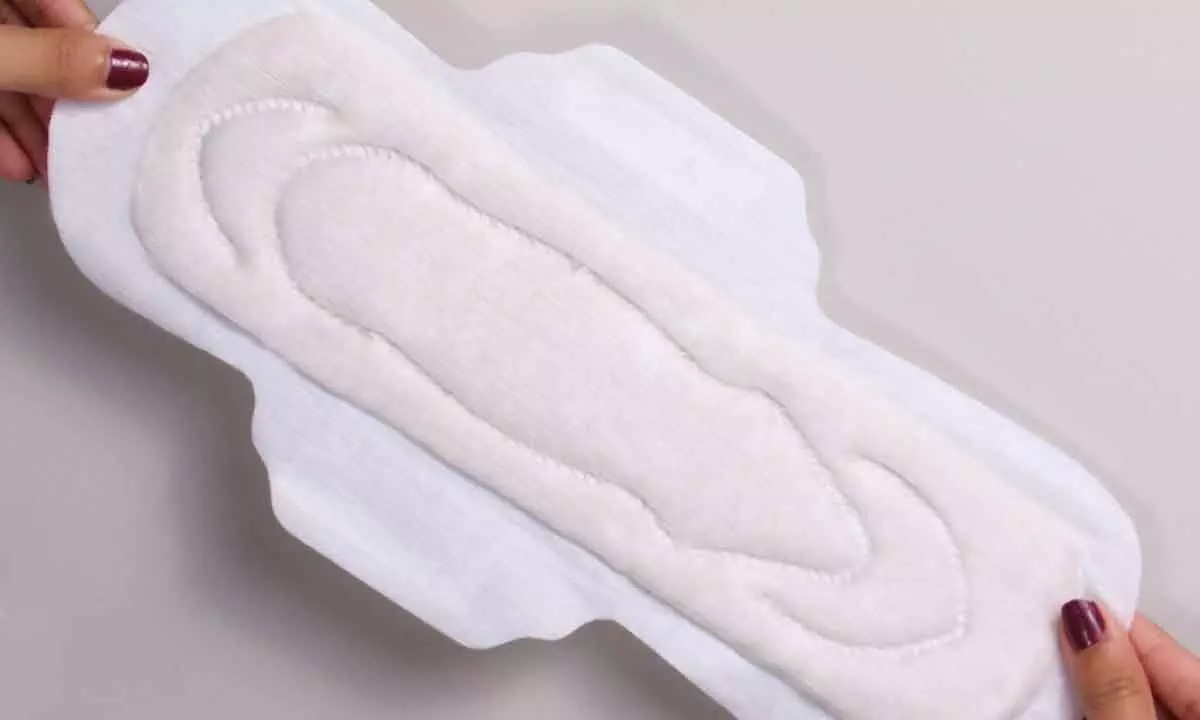Sanitary Pads Disposal: Best Environment friendly practices for hygiene

Sanitary pads are essential for menstrual hygiene, but their disposal poses significant environmental challenges. Traditional pads contain plastic, chemicals, and synthetic materials that can take hundreds of years to decompose. To minimize their impact on the environment, consider these eco-friendly practices for sanitary pad disposal.
1. Switch to Biodegradable Pads
Choosing biodegradable sanitary pads made from natural materials like organic cotton or bamboo is a great start. These pads decompose much faster than conventional ones and are free from harmful chemicals. Brands like Natracare and Organyc offer eco-friendly options that are just as effective and comfortable.
2. Composting
If you use biodegradable pads, consider composting them. While not all components of a sanitary pad are compostable, pads made entirely of organic materials can be composted in a home composting system. Ensure you have a dedicated compost bin for menstrual products and other sanitary waste to maintain hygiene and prevent contamination.
3. Proper Disposal Bins
Use designated sanitary disposal bins instead of flushing pads down the toilet or throwing them in regular trash bins. These bins are designed to handle sanitary waste and often use materials that help contain odors and bacteria. Public restrooms and workplaces should be equipped with these bins to encourage proper disposal.
4. Eco-Friendly Disposal Bags
Invest in eco-friendly disposal bags made from biodegradable materials. Brands like FabLittleBag offer disposal bags that are convenient, discreet, and decompose more quickly than plastic bags. These bags can help manage sanitary waste more hygienically and sustainably.
5. Recycle the Packaging
The packaging of sanitary pads often contains plastic. Make a habit of recycling the outer packaging and wrappers if they are recyclable. Check local recycling guidelines to ensure you’re disposing of these materials correctly.
6. Educate Yourself and Others
Awareness is key to promoting eco-friendly sanitary pad disposal. Educate yourself and others about the environmental impact of conventional pads and the benefits of sustainable alternatives. Share information through social media, community workshops, and discussions to encourage a collective effort towards more responsible disposal practices.
7. Support Menstrual Health Initiatives
Support organizations and initiatives that promote sustainable menstrual health practices. Many NGOs and community groups work to provide education and access to eco-friendly menstrual products. By supporting these initiatives, you contribute to a larger movement towards sustainable menstrual hygiene.
8. Advocate for Better Products
Encourage manufacturers to develop and market more environmentally friendly menstrual products. Consumers have significant influence over market trends. By choosing sustainable products and voicing your preferences, you can drive change in the industry.
9. Menstrual Cups and Cloth Pads
Consider using menstrual cups or cloth pads as alternatives to disposable sanitary pads. Menstrual cups are reusable and can last for years with proper care. Cloth pads are washable and can be reused multiple times, significantly reducing waste.
10. Community Clean-Up Drives
Participate in or organize community clean-up drives to address sanitary waste disposal issues. These drives can help remove improperly disposed of sanitary pads from public spaces and raise awareness about the importance of proper disposal practices.
Eco-friendly sanitary pad disposal practices are essential for reducing the environmental impact of menstrual hygiene products. By making small changes, such as switching to biodegradable pads, composting, using proper disposal bins, and supporting sustainable initiatives, we can collectively make a significant difference. Embracing these practices not only protects the environment but also promotes better hygiene and health for everyone.
(The author is Gynaecologist & Consultant at Ujaas (A menstrual health and hygiene management social enterprise)








